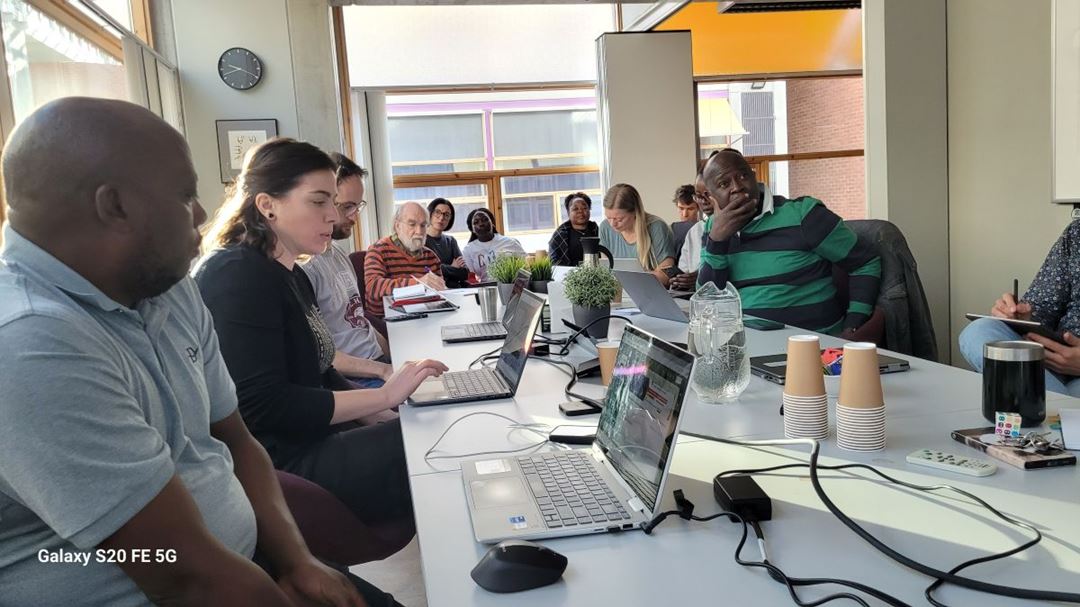
Gemini Centre Global Impact
Unequal Impacts: Climate Change Adaptation in the Global South

- Date: Tuesday, 30 September 2025
- Time: 09:00 – 11:00 (CEST)
- Format: Hybrid – Room 7411, Department of Geography, NTNU Dragvoll & Online
- Organizers: Global Impact Gemini Center & NTNU Civil Security Thematic Group Adaptation
Hosted in a hybrid format, the event focused on the unequal impacts of climate disruptions and the importance of climate justice, community engagement, and international collaboration. The seminar featured speakers from NTNU, SINTEF, Makerere University offering diverse perspectives and research insights.
Presentations & Insights
Hilde Refstie opened the seminar with an introduction to NTNU’s Civil Security Thematic Group Adaptation and the Global Impact Gemini Center. She emphasized the thematic group’s focus on socio-spatial justice and disaster risk reduction, while also highlighting the Gemini Center’s role in fostering international advocacy and research matchmaking.
Yazidhi Bamutaze from Makerere University explored the concept of climate change hotspots and their implications for practitioners. He focused on Uganda’s vulnerability due to its reliance on rain-fed agriculture and discussed the importance of understanding climate impacts at the right time, scale, and place. His presentation underscored the need for localized adaptation strategies informed by reliable climate models.
Martin Lukas from NTNU presented research on mountain communities in the Indian Himalayas, which are experiencing rapid glacier shrinkage and water shortages. He described how these lifelines are threatened despite the communities having contributed little to climate change. His interdisciplinary project aims to analyze impacts and explore adaptation strategies in collaboration with civil society organizations.
Martina Ragosta from SINTEF shared lessons from European projects such as Resiliage and Engage, which focus on community resilience and participatory approaches. She discussed how innovations from high-income countries can be tailored to support low- and middle-income countries, stressing the importance of strategic partnerships and knowledge sharing to address climate adaptation inequalities.
Peter Andreas Gotsch, participating digitally from NTNU, examined the role of urban rivers in climate adaptation and environmental justice. Their work highlighted examples from cities like Jakarta, Cairo, and Nairobi, where greenification efforts often clash with social equity. They emphasized the need to consider public space access, safety, and the right to the city in urban planning.
Reflections & Discussion
Hilde Refstie concluded the seminar with reflections on three key themes: the centrality of climate justice, the importance of community engagement, and the potential for transferring knowledge across contexts. The Q&A session further explored these ideas, with discussions on migration patterns in the Himalayas, the effectiveness of community participation, and the responsibilities of high-emission countries.
Continuing the Conversation
This seminar is part of a broader initiative by the Gemini Center to promote global collaboration on climate adaptation. Through webinars, policy dialogues, and matchmaking workshops, the organizers aim to connect researchers and practitioners working toward equitable and effective climate solutions.
Seminar Recording
Missed the event or want to revisit the discussions? See the recording here: